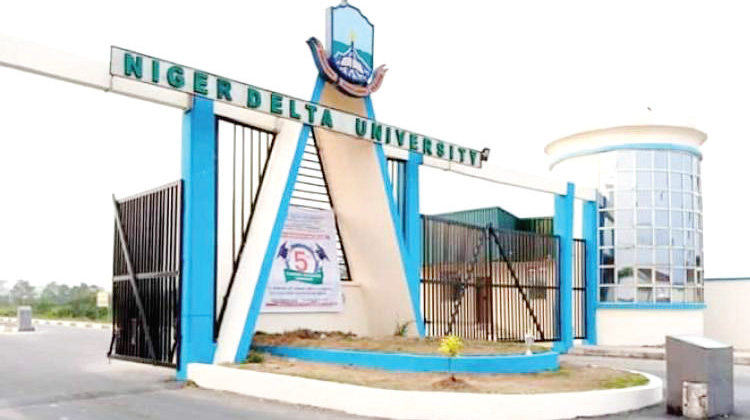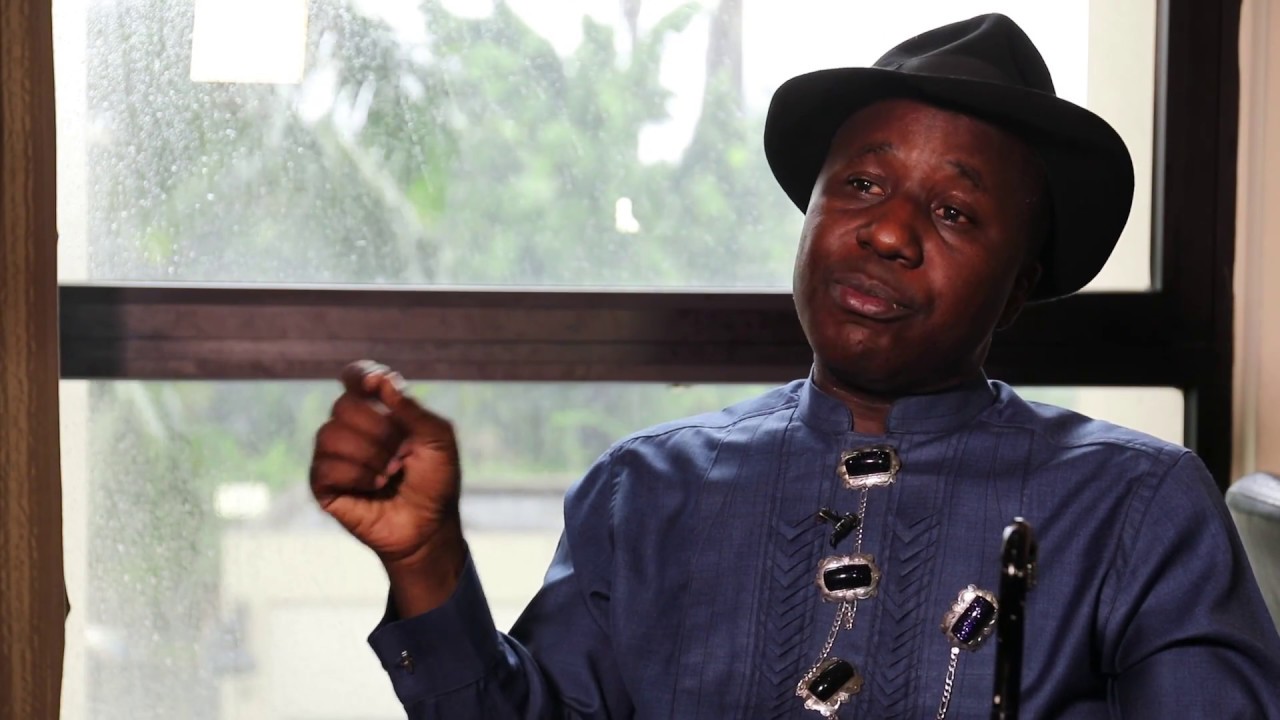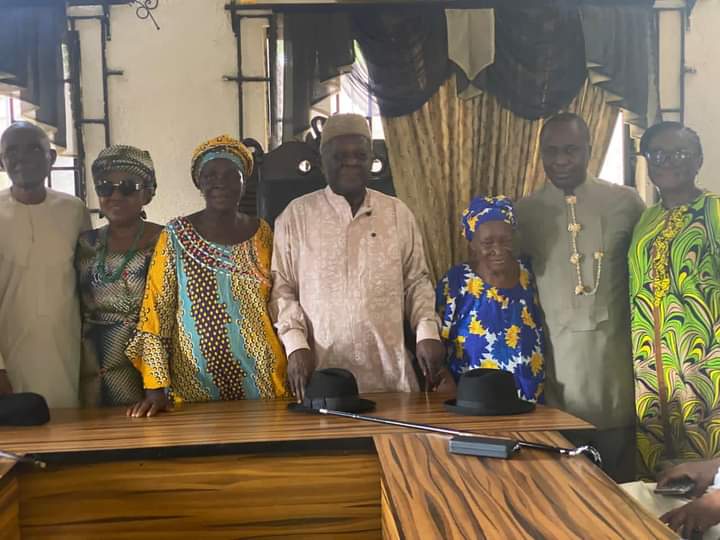
The Strike That Need to End: Niger Delta University and ASUU
For a country that needs to bridge the knowledge gap with most of the rest of the world, the ongoing strike by the Academic Staff Union of Universities (ASUU), which has now lasted for seven months, should be unacceptable. With our universities shut and academic activities halted, the gap is widening further to our disadvantage. And this means that we must find a way to resolve the impasse and resume learning.
The participation of state-owned universities in the strike action is a source of concern to the government of the affected states. The bases of the strike – the 2009 agreement between ASUU and the Federal Government and the disagreement over platform for the payment of emoluments in the universities – are issues affecting only federal universities. There is no obligation on the part of state universities to join in the dispute. That is why striking state-owned universities have described their participation as sympathy strike.
Many state-owned universities have pulled out of the strike and have resumed academic activities. Universities owned by the states of Delta, Edo, Ekiti, Gombe, Kaduna, Kwara, Nasarawa, Niger, Lagos, Osun and Rivers either did not join the strike or have suspended their participation. The Federal University, Wukari, did not join the strike at all despite being a federal institution. The universities pulling out must have considered that the fight was really not their own fight and that their sacrifice over the last seven months is enough evidence of their sympathy for the federal institutions, so they called off their strike and resumed academic activities. But there are many of them that are still holding out, which has raised concerns in the affected states.
Last week, the governor of Bayelsa State, Senator Douye Diri, appealed to the lecturers at the state-owned Niger Delta University to reconsider their position and return to class. In his statement, he cited the examples of similar universities that were going on with their academic activities. He also questioned the moral justification for joining or continuing with the strike when those lecturers were steadily being paid their salaries and had no issues with the state government. He asked them to consider the sufferings and forgone opportunities their students were facing.
That was a sensible statement from the governor. The striking lecturers, on the other hand, have their own reasons for being on the sympathy strike. Perhaps, if federal universities have their demands met, it would lead to an overall benefit for the entire university system including state-owned universities. They might be hoping that the success of their federal colleagues would lead to the emergence of new education standards to which state governments would also be bound. If that is their thinking, it is a sensible way of pursuing their aims.
ALSO READ:
- FG declares Monday Public Holiday As Nigerians Celebrate 62nd Anniversary
- John Hagee Daily Devotional for Today 29 September 2022 ||
- Dr David Jeremiah Daily Devotional 29 September 2022 || Turning Point
- Dr Charles Stanley Daily Devotional 29 September 2022 || In Touch Ministries
- Brooklyn Tabernacle Devotional 29 September 2022 With Pastor Jim Cymbala
In all of this, however, the most important thing is the students for whom the system is established. They are out of their schools. They are idle, vulnerable to the pressures of impulses that could be unseemly. Their life goals are being kept in the freezer.
Opportunities that they could have for progressing are, at the moment, passing them by. They could get entangled in things that have long-term negative consequences. They are in search of relief, and one alternative that has become very attractive to them is emigration.
I am deeply troubled by the effect of this long strike on our students and on our education system. With an academic background myself, I understand what those stranded students are losing. And this is not the first time I would be intervening in labour disputes involving ASUU. When I was Pro-Chancellor and Chairman of the Governing Council of the Niger Delta University, we set up a system to address labour issues. Our concern then was that students, who need to grow in knowledge, should have little or no disruption to their academic calendar. They should complete their programme on schedule and move on to pursue their life goals, and not stagnate. This is the concern of Governor Diri, too. He is worried about the plight of the students and about the pains of parents.
Today, we are lucky to have as Vice Chancellor of the university Prof. Samuel Edoumiekumo, an erudite academic who happens to be the Chairman of the Committee of Vice Chancellors of Nigerian Universities. Incidentally, he has an ASUU background, too. In addition to this vantage position, the university has a strong pool of persons experienced in industrial relations matters. This auspicious combination of assets places NDU in a special position to deploy dialogue as a tool for addressing the problem of the sympathy strike.

Indeed, lectures can resume while discussions continue on how to address the concerns of ASUU and how to make our entire education system better. At this moment, nobody can doubt the strength of ASUU’s resolve to secure better conditions for our schools. So if all parties come to the negotiation table in good faith, we can continue with the effort to reach a settlement without jeopardizing the future of our young people. There is no agreement the parties would reach in the future that they cannot reach today. All they need is a demonstration of good faith. If all parties pledge good faith, schools can reopen while negotiations continue.
Governor Diri has demonstrated commitment to giving a good education to our young people. I believe that he is eager to do even more than he has done so far. The lecturers should give him the chance. The NDU can withdraw from the sympathy strike just like many other state universities and then, if there is any special request they want to make of the governor for improving the capacity of the institution to deliver on its mandate, table such request. But at the moment the ongoing strike is not based on any disagreement between the Bayelsa State Government and the NDU.
If the strike continues, the price society would pay might be higher than the gains the striking lecturers have set out to secure.
[box type=”note” align=”alignright” class=”” width=””]The Strike That Need to End: Niger Delta University and ASUU was written by Professor Steve Azaiki, Member House Committee On Tertiary Education, House of Representatives; former Pro-Chancellor & Chairman Governing Council Niger Delta University NDU.[/box]
The Strike That Need to End: Niger Delta University and ASUU
————— | HOME | ————-
| Arts & Short Stories | BBNaija 2022 | Business News | Education News | Entertainment News | Featured | Gospel News Today | Health and Fitness | Interviews | Latest News | Movie Review | Niger Delta Today | Online Comedy Skits | Politics Today | Trends & Lifestyle | TV Reality Shows | Sports News | World News |







